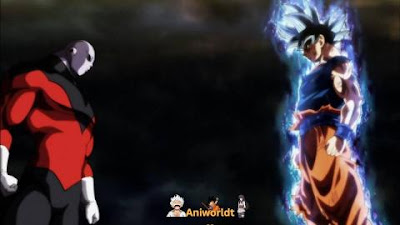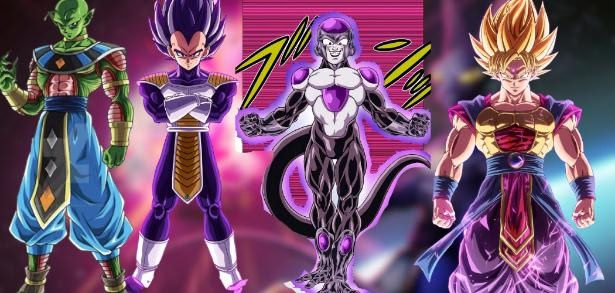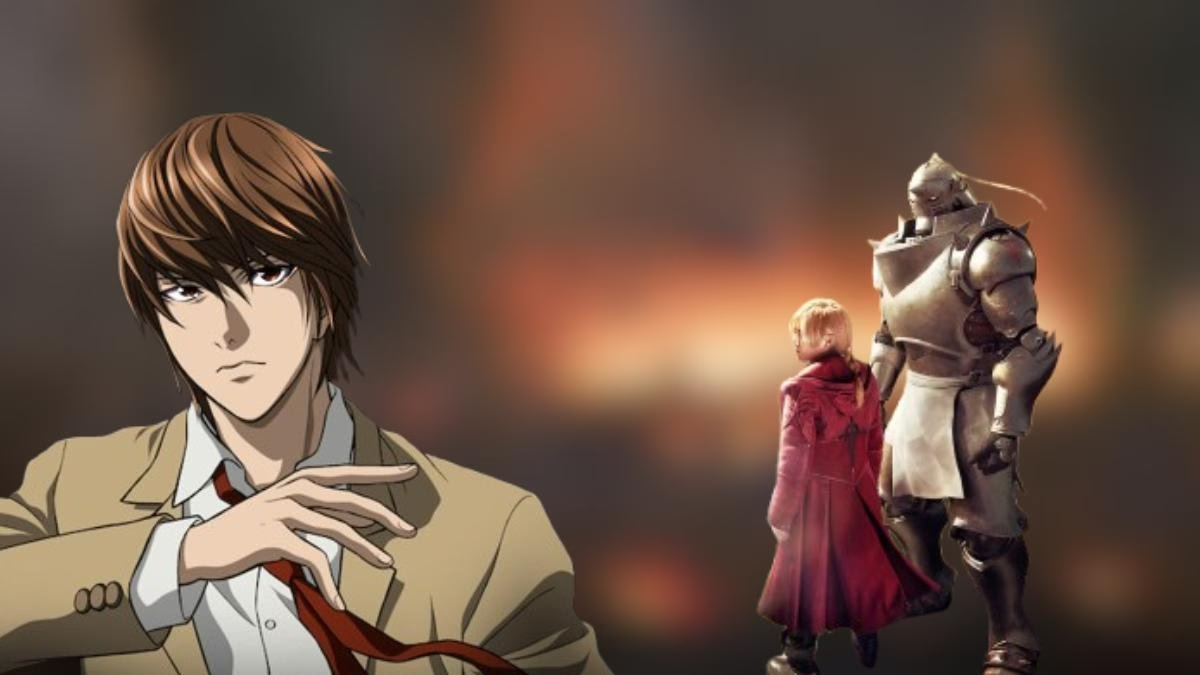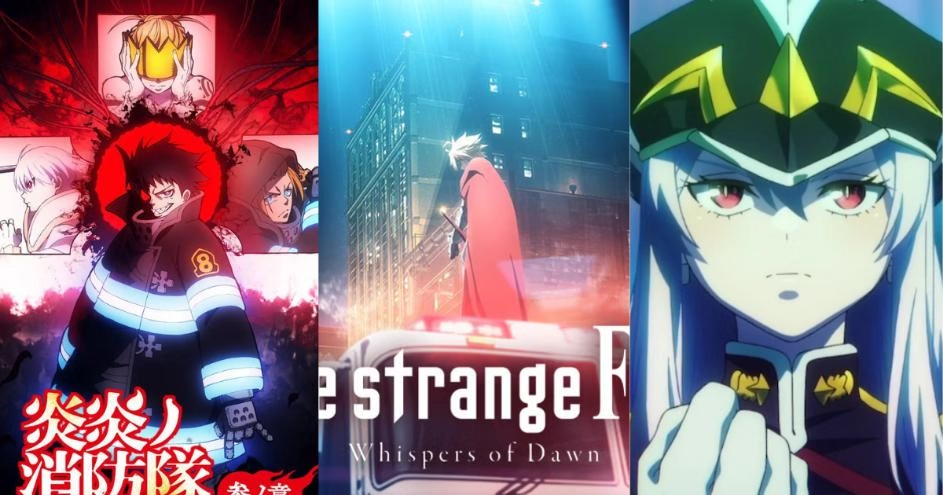Hello anime fans, welcome back to AniWorldTV! Today we’re diving into a debate that’s been heating up between two huge communities: BTS fans and anime fans. The anime community claims that anime is more famous, while the BTS ARMY insists their fandom is more popular. In today’s article, we’re going to settle this debate by looking at the data to see which one truly has the bigger global following anime or BTS.
So, let’s start the article!
Introduction:
In the realm of global entertainment, two cultural phenomena have captured the hearts and minds of millions: Anime and BTS (Bangtan Sonyeondan). While seemingly disparate in nature, both have amassed fervent fanbases and sparked debates about which holds greater sway in popular culture. In this blog, we embark on a journey to compare and contrast these two powerhouses, delving into their origins, impact, and enduring popularity.
Origins:
Anime, originating in Japan, encompasses a diverse range of animated shows and films spanning various genres, from action-packed shonen series like “Naruto” to introspective masterpieces such as “Spirited Away”. Its roots can be traced back to the early 20th century, with pioneers like Osamu Tezuka, evolving into a global phenomenon by the late 20th and early 21st centuries, fueled by television broadcasts and later, the internet.
On the other hand, BTS, a South Korean boy band formed in 2013 by Big Hit Entertainment (now HYBE Corporation), has taken the world by storm with its unique blend of music, choreography, and socially conscious messaging. Rising from humble beginnings, BTS has shattered numerous records and become a symbol of Korean pop culture’s global ascendancy, paving the way for greater international interest in K-pop.
Impact:
Anime’s influence extends far beyond its country of origin, permeating cultures worldwide and inspiring generations of artists, writers, and filmmakers. Its ability to tackle complex themes such as war, environmentalism (Princess Mononoke), and the human condition (Neon Genesis Evangelion) and explore diverse narratives has garnered a dedicated following spanning all age groups. For example, anime aesthetics have influenced Western animation, and soundtracks have topped global music charts. Conventions and merchandise related to anime are a multi-billion dollar industry.
Similarly, BTS has transcended language barriers and cultural divides, spearheading the global spread of K-pop and redefining the traditional boy band archetype. With their powerful lyrics often addressing mental health, societal issues, and self-love, BTS has cultivated a passionate fanbase known as the “ARMY,” who celebrate not only their music but also their message of empowerment and unity. Their influence can be seen in global music charts, fashion trends, and even their collaborations with international organizations like the United Nations.
Popularity:
Determining which is more popular—Anime or BTS—is a nuanced endeavor. Both have achieved unparalleled success in their respective domains, captivating audiences across continents. Anime boasts a rich history and an expansive catalog of titles beloved by millions, with long-running series and iconic films maintaining consistent popularity. The sheer volume of anime produced and consumed globally is immense, supported by streaming platforms and dedicated communities.
Conversely, BTS has achieved unprecedented commercial success and cultural impact in a relatively short span of time, breaking records for album sales, music video views, and social media engagement. Their dedicated ARMY actively promotes their music and message, creating a powerful online presence. BTS’s direct engagement with fans through social media and Weverse fosters a strong sense of connection.
However, measuring popularity goes beyond mere statistics. It encompasses cultural influence, societal resonance, and the ability to spark meaningful conversations. In this regard, both Anime and BTS have left an indelible mark on popular culture, inspiring fan theories, fan art, and passionate discourse across online communities. Anime conventions draw massive crowds worldwide, while the ARMY’s organized efforts have influenced social campaigns and charitable work.
Conclusion:
In the tug-of-war between Anime and BTS, there is no clear winner—and perhaps, there doesn’t need to be. Both represent distinct facets of global entertainment, each with its own legion of devoted fans and cultural significance. Instead of pitting them against each other, we should celebrate their contributions to our collective cultural tapestry and appreciate the diversity they bring to the world of entertainment. Whether you’re an Anime aficionado or a die-hard BTS fan, one thing is certain: the influence of both will continue to reverberate for generations to come.











.jpg)
.jpg)
.jpg)
.jpg)





